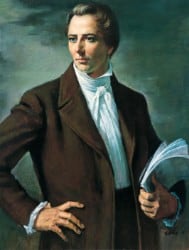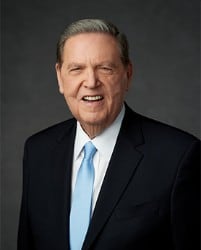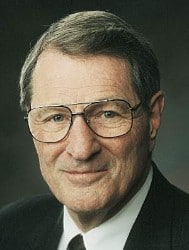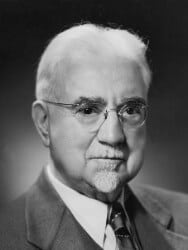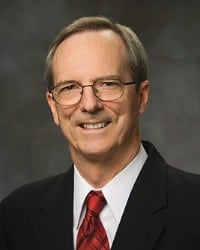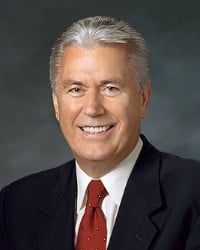“Not everything in life is so black and white, but the authenticity of the Book of Mormon and its keystone role in our religion seem to be exactly that. Either Joseph Smith was the prophet he said he was, a prophet who, after seeing the Father and the Son, later beheld the angel Moroni, repeatedly heard counsel from Moroni’s lips, and eventually received at his hands a set of ancient gold plates that he then translated by the gift and power of God, or else he did not. And if he did not, he would not be entitled to the reputation of New England folk hero or well-meaning young man or writer of remarkable fiction. No, nor would he be entitled to be considered a great teacher, a quintessential American religious leader, or the creator of great devotional literature. If he had lied about the coming forth of the Book of Mormon, he would certainly be none of these…If Joseph Smith did not translate the Book of Mormon as a work of ancient origin, then I would move heaven and earth to meet the “real” nineteenth-century author. After one hundred and fifty years, no one can come up with a credible alternative candidate, but if the book were false, surely there must be someone willing to step forward-if no one else, at least the descendants of the “real” author-claiming credit for such a remarkable document and all that has transpired in its wake. After all, a writer that can move millions can make millions. Shouldn’t someone have come forth then or now to cashier the whole phenomenon?
Elder Jeffrey R. Holland
| True Or False
Topics: Book of Mormon, Joseph Smith, Testimony

